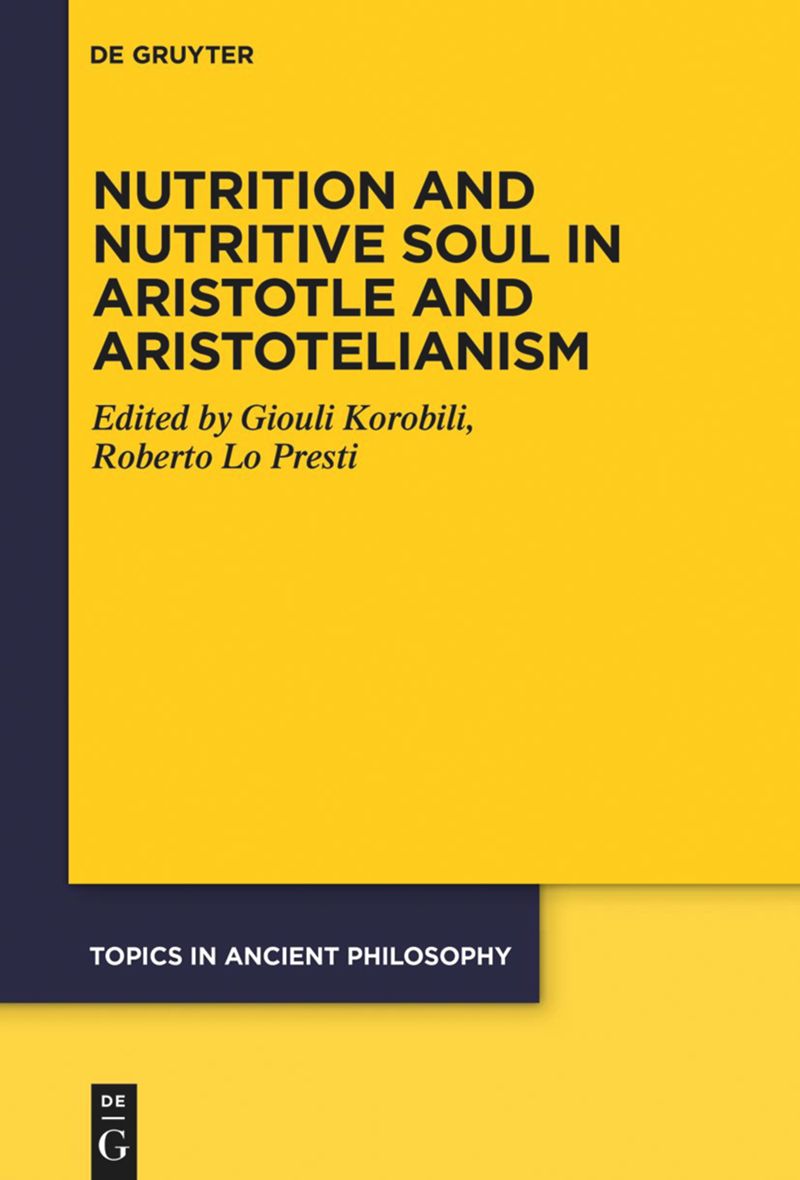
Medieval thinkers accepted that the soul was an immaterial principle, while at the same time being the principle of entirely material operations. Certain processes, however, seemed difficult to explain. How is food transformed into a compound of matter and form? How could an immaterial soul accomplish such an operation? This was a pressing question for John Buridan, who identified the nutritive power with the soul itself. Martin Klein defends the idea that Buridan conceived of nutrition as a purely material change, in line with his more general theory of substantial generation. This theory thus reflects the rise of dualism.
A. M.
Les penseurs médiévaux acceptaient que l’âme soit un principe immatériel, tout en étant le principe d’opérations tout à fait matérielles. Certains processus pouvaient cependant sembler problématique à expliquer. Comment la nourriture est-elle transformée en un composé de matière et de forme ? Comment une âme immatérielle peut-être accomplir une telle opération ? La question était pressante pour Jean Buridan qui identifiait la puissance nutritive avec l’âme elle-même. Martin Klein défend l’idée que Buridan concevait la nutrition comme un changement purement matériel en accord avec sa théorie plus générale de la génération substantielle. Cette théorie reflète ainsi la montée du dualisme.
A. M.